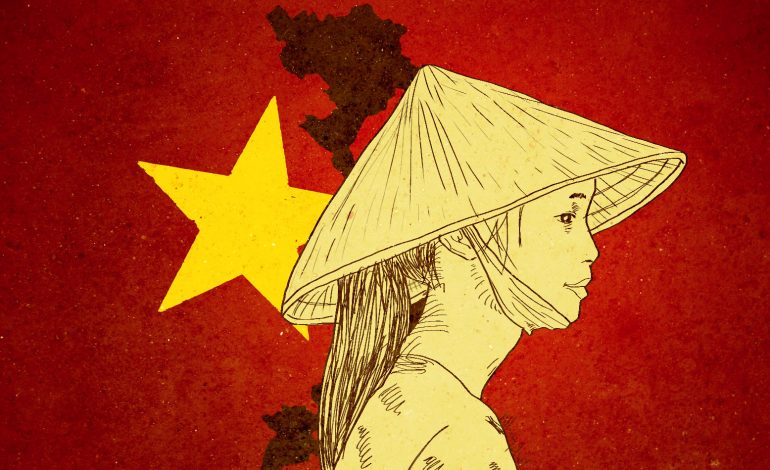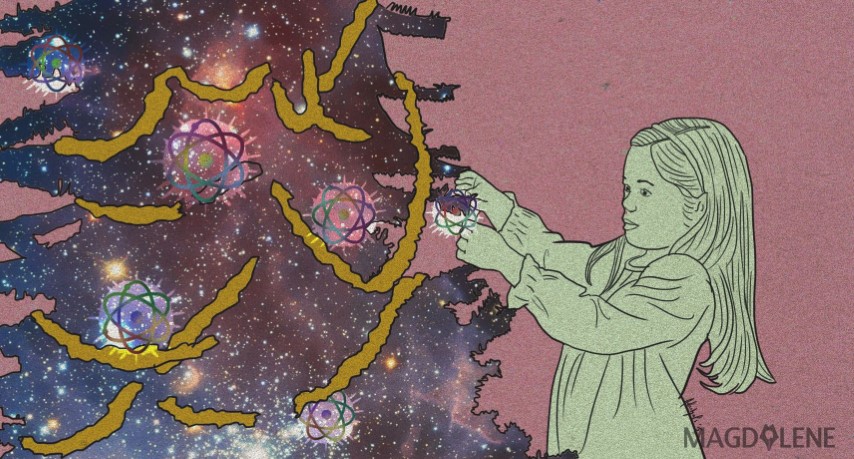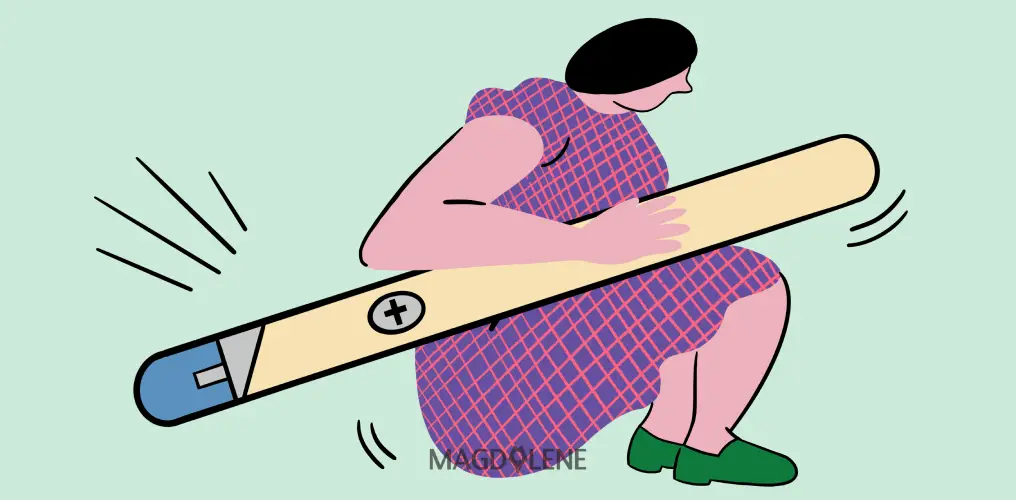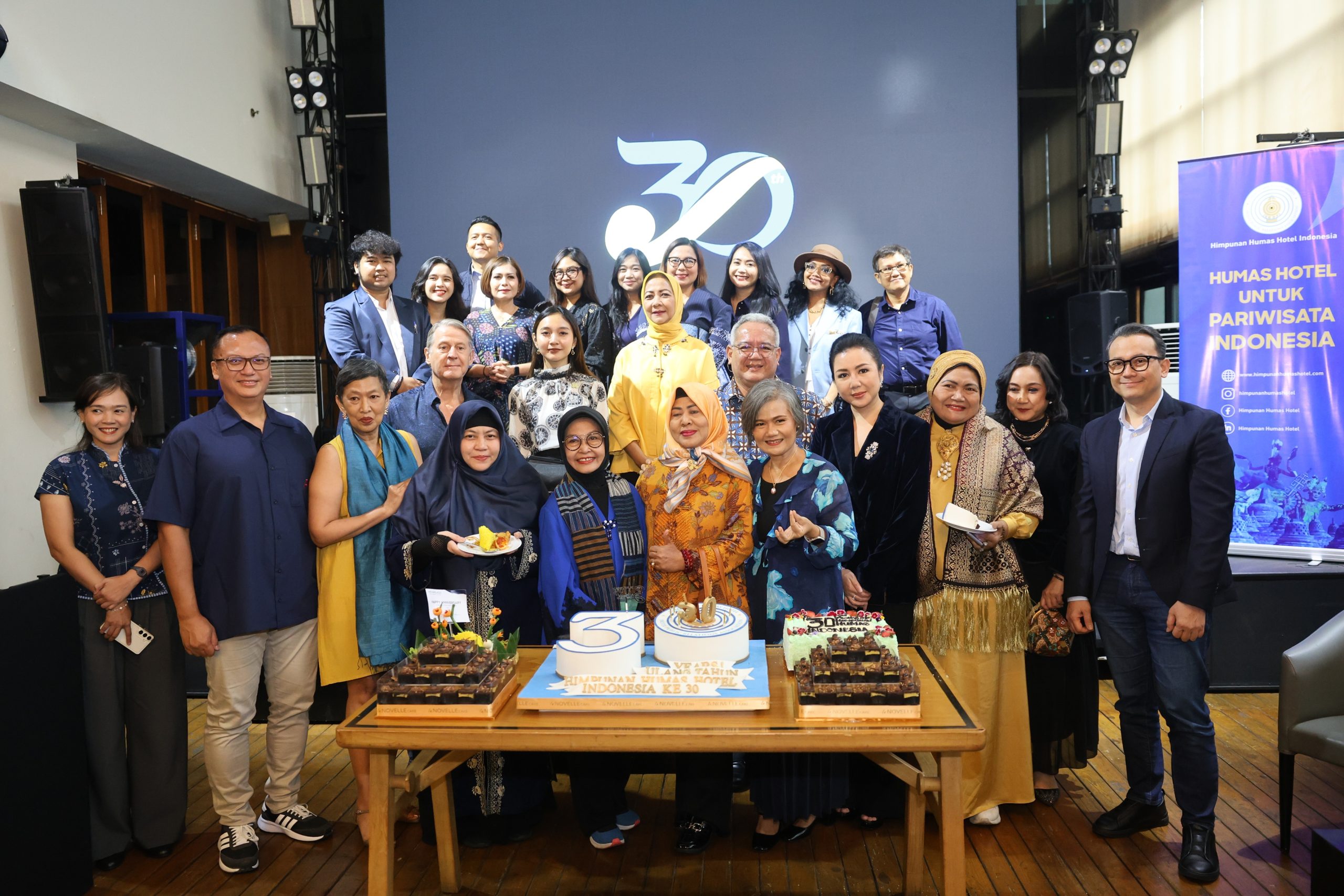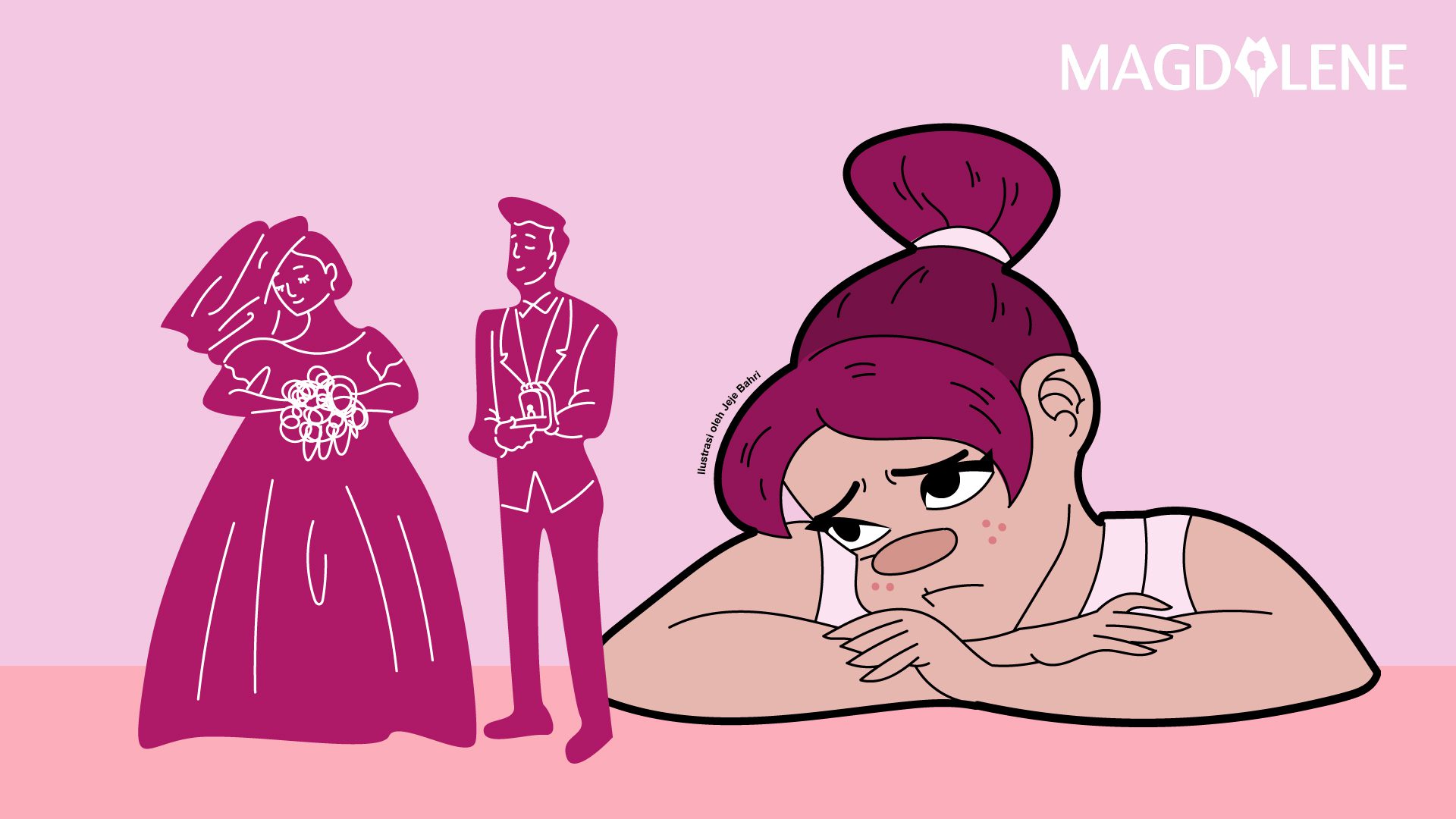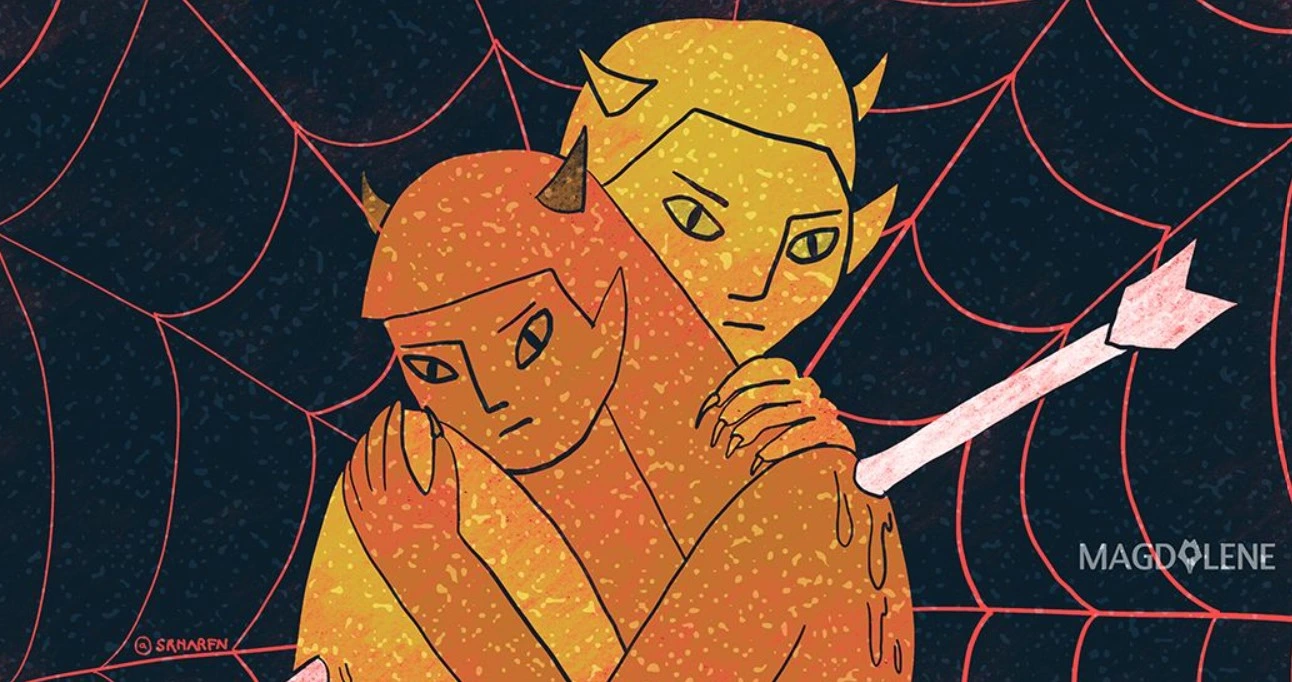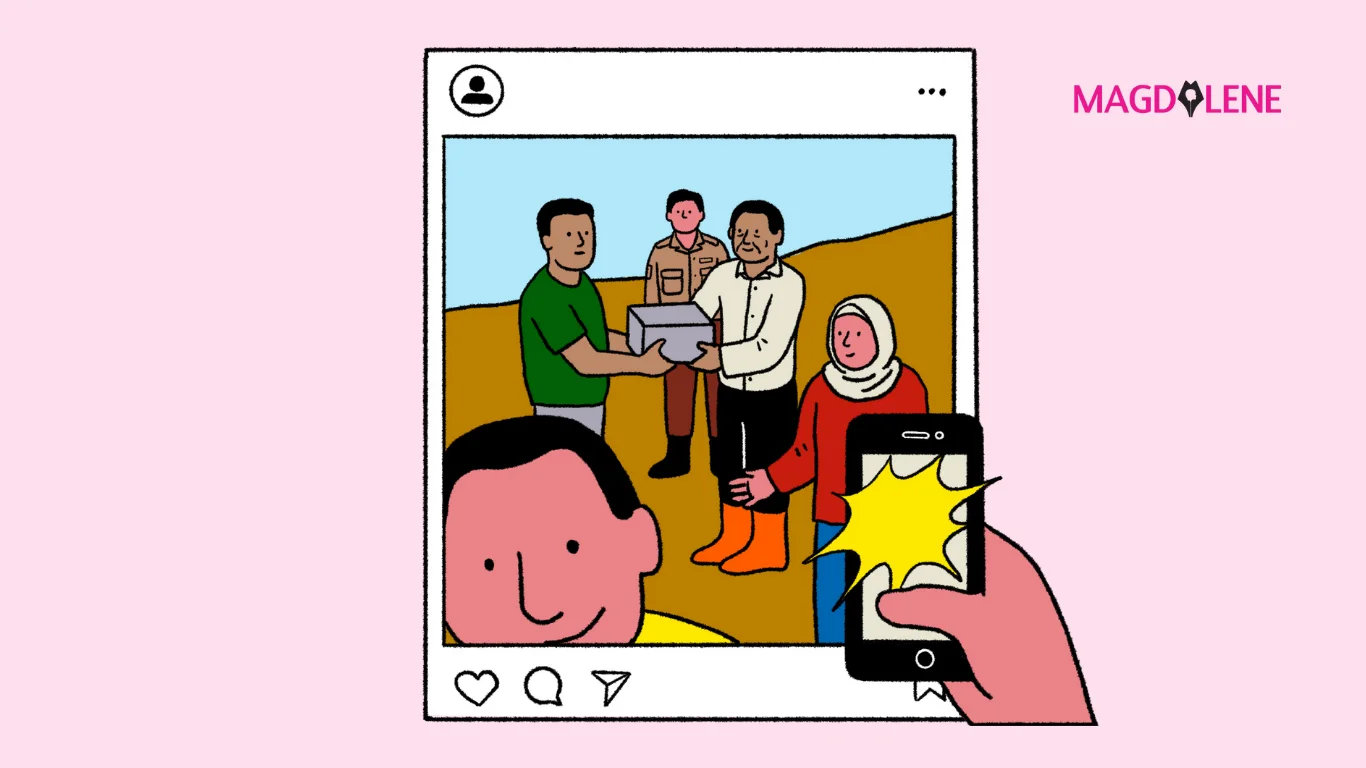Quran Doesn’t Teach Us to Hate the LGBT People: Muslim Scholar
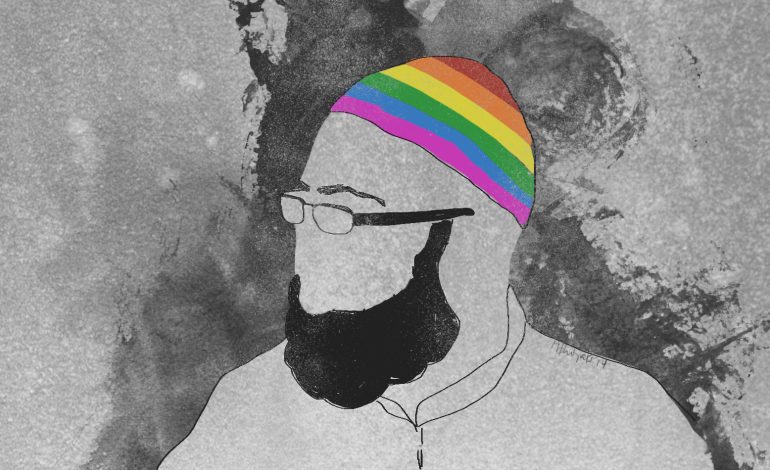
Is there a place for LGBT (lesbian, gay bisexual, transgender) people in Islam? Can Islamic teachings be reconciled to accept their existence? What about the hadith (a collection of traditions containing sayings of the prophet Muhammad) that urge people to kill homosexuals?
Those are some questions that led Magdalene to hold an interactive discussion on Twitter on “LGBT and Islam”. On the second series of #MadgeTalk last week (June 6), we invited Muslim Scholar Lailatul Fitriyah, known by her nickname Laily, who is currently pursuing a doctoral degree in theology at University of Notre Dame, United States to talk about this.
Laily explained on Twitter that from the perspective of Islamic theology, there is no systematic discussion on LGBT issue. However, Islam’s position on homosexuality can be understood based on two main concepts of feminist theology: the Principle of the One and Only God and the Principle of Human Creation.
The Principle of the One and Only God means that only God is superior, so no single human being is more superior than others. Secondly, the Principle of Human Creation refers to an understanding that human consists of a singular soul (nafs wahidan), so all secondary differences, including sexuality and gender, are products of the dynamics in humanity.
Laily said that the Islamic jurisprudence or fiqh opens up many rooms for the existence of LGBT. Fiqh only addresses behavior, not feelings or sexual orientations. What is forbidden is liwat an Arabic word for anal intercourse or sodomy, and not the feeling or the expression of homosexuality. Homosexuality as a category was not known during the formation period of fiqh in Islam.
The rejection of homosexuality by ulemas and the Muslim community reflects an overlapping on the understanding of homosexuality, which is a more recent Western concept, and liwat. In fiqh, liwat is not always associated with homosexuality; it can also exist in heterosexual sex. “Homosexuality” as a category only emerged in the 19th century Europe, she said.
“Therefore, though liwat is forbidden, many Muslim thinkers from the Middle Age wrote homoerotic poetry. Sexual activities other than liwat are simply considered as ‘small sins,’ which doesn’t even have hudud (Law of God). In short, the Islamic fiqh takes into account the acts, not the gender of the doer,” she added.
“The problem is some ulemas and Muslim communities adopt the binary sexuality, which is a product of Western modernity fed through colonialism. Therefore, we should revive the teachings on the ethics of diverse opinions on fiqh again. Today’s problems came from perspectives that are too literal and essentialist on fiqh,” Laily said.
Historical Context
According to Laily, in the history of Islam in the beginning of the 19th century, homoeroticism and homosexuality as well as pederasty were still part of the social dynamics in many Muslim society. This is reflected in the fact that to this day, there are no identical positions from the four main mazhab (Islamic school of thought) of Sunni on the LGBT issue. In other words, sexuality dimension and gender are never entirely black and white in the Islamic tradition.
“We should remember that the formation period of fiqh is the patriarchal Middle Ages. Sihaq (lesbian sexual intercourse) is not included in the hudud fiqh because there is no penis penetration. So Muslim scholars of today need to answers to the prohibition of anal sex, whether it’s still relevant or not, because we know that fiqh is rather flexible and contextual depending on the time and place,” said Laily.
We should revive the teachings on the ethics of diverse opinions on fiqh again. Today’s problems came from perspectives that are too literal and essentialist on fiqh.
In Indonesian context, the dynamics of sexuality and gender was more flexible before the colonialization. Islam entered Indonesia in the 13th century and had been spread widely by the 16th century. The fact that traditional practices with homosexuality or homoerotic traditions – such as Reog Ponorogo and the acknowledgement of five genders in Bugis tradition – were still alive long after Islam came to Indonesia shows that the persecution of LGBT people is a modern phenomenon in the history of Islam in Indonesia.
Treatment towards homosexuality vary in Islamic countries. For example, Saudi Arabia, Iran and Yemen impose criminal penalties on the act of sodomy. But, on the other hand, homoeroticism and homosexuality have never disappeared from predominantly Muslim countries.
“Until the beginning of the 20th century, many homosexuals in Europe who were alienated because of their sexuality sought sanctuary in Morocco, which tended to be more open towards homosexuality. Cities such as Idlib and Kandahar were also popular for their openness to homosexuality,” she added.
Many Islamic-based countries imposed severe punishment on LGBT people in post-colonialism era, after they were introduced to the morality standard of the Victorian era that glorified heterosexuality.
Moral vs. Legal
As for the persecution of LGBT that often uses the narrative of Prophet Luth’s people – or the story of Sodom and Gomorrah in Christianity – Laily reminded that “the Quran emphasizes more on moral lessons and less on legal laws.” In fact, some Muslim scholars interpret the Prophet Luth narrative as a punishment for those who violated human values, instead for the act of homosexuality. Unlike the Quran, the hadith emphasized more on the prohibition of anal intercourse, both in homosexual and heterosexual sex.
As to the hadith that urges believers to kill LGBT people, Laily said we should check the quality of the hadith as well as its author. Hadith, she reminded, is a tradition born in a patriarchal context.
“The point is we cannot entirely rely on hadiths when it comes to the treatments of LGBT people in Islam,” said Laily.
Laily also argued that transgenderism has a more historical precedent compared to non-binary gender or others.
“One of the maids in the Prophet’s house who was allowed to help his wives do their make-up was a transgender. There were also many feminine men who became artists in palaces. The common discourse on transgender then was whether they should be classified as women or men in fiqh,” explained Laily.
Many Islamic-based countries imposed severe punishment on LGBT people in post-colonialism era, after they were introduced to the morality standard of the Victorian era that glorified heterosexuality.
However, Laily said the position of fiqh itself vary when it comes to transgender, and there is no punishment for transgenderism. On the other hand, non-binary gender is a more recent phenomenon in the Islamic tradition, requiring Muslim scholars to address it.
“In conclusion, transgender has existed in Islam while non-binary gender is a new phenomenon,” she added.
Laily said sex change is at the center of contemporary fiqh and Islamic ethics.
“The general principle is that when it’s necessary, it can be done. This is based on the two main principle of fiqh: convenience and comfort. Additionally, from theological perspective, the concept of ‘fitrah’ is used to understand the concept of ‘liberation to be our real self’,” she explained.
Still, she reminded that fiqh argumentations would vary from one scholar to another.
Overcoming LGBT Persecution
Theologically, the Quran never acknowledges one group of human beings as more superior than others.
“What is usually used as the basis of LGBT persecution is the Prophet Luth narrative and several narratives on zawj or pairs, which is usually understood as relation between men and women. But the Quran, like any other holy books, takes into account the context of the period that it comes into existence. The Quran came in the 7th century Arabia that knew no modern concepts like ‘gender equality’ or ‘homosexuality’,” said Laily.
To end the LGBT persecution in Indonesia, Laily suggested that we go back to the principles of different opinions and the contextualizing of fiqh, while appreciating our traditional culture that recognize more gender flexibility.
“Do not look for perfect statement from the Quran to advocate LGBT. Take the humanity message of the Quran as the foundation of thoughts then develop our own jurisprudential and theological response for the present time,” she added.
Find out how this sexual harassment victim ended up being charged guilty.


